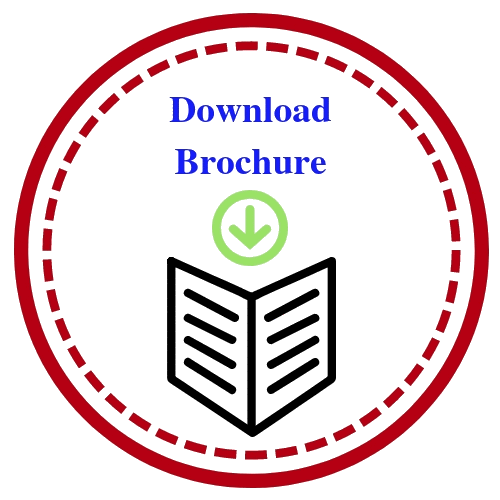Biography
Biography: Shamim Ahmad Bhat
Abstract
Statement of the Problem: Toxicology is one of the subspecialty which has grown leaps and bounds in the recent years worldwide. Intoxication constitutes a global burden and most of the emergency physicians are worldwide facing diffi cult cases of intoxication more over arrival of an intoxicated unresponsive patient makes it more diffi cult for the treating physicians to approach their management. Researchers have reported diverse diff erent approaches for managing such cases and international bodies are framing day in and day out
the updated guidelines for such cases. Th e purposes of this literature review are to identify the recent TOX oriented ACLS guidelines and compare them with the recent evidence.
Method: Aft er looking through the recent 2015 ACLS guidelines in relation to TOX affl icted patients presenting with cardiac arrest or instability in terms of neuro and hemodynamics, a through literature review was done for the most commonly poisoning patients and the guidelines were compared to the recent standard evidence available related to various poisoning cases. Following this the level of evidence and recommendations made were also evaluated. Th is all was done to have an evidence-based approach for the commonest poisoning
induced instability and cardiac arrests and incorporate it for the board residency residents of emergency medicine. In addition, it was anticipated to form a general consensus for treating such cases in future and clear off some of the myths related to treatment involved for such cases.
Findings: Th e comparison of the recent guidelines from ACLS and the evidence in its support proved most of the treatment has weak evidence as to the disbelief of most of the treating physician. Some of the antidotes used in current practice are at the edge of being disrepute and are no more recommended to be standard of care e.g. Flumazenil in BZD poisoning.
Conclusion: Th is literature review made it clearer that it is needed to review the standard guidelines every now and then in terms of the supporting evidence against or in favor of it particularly if it is a subspecialty
like TOX.

